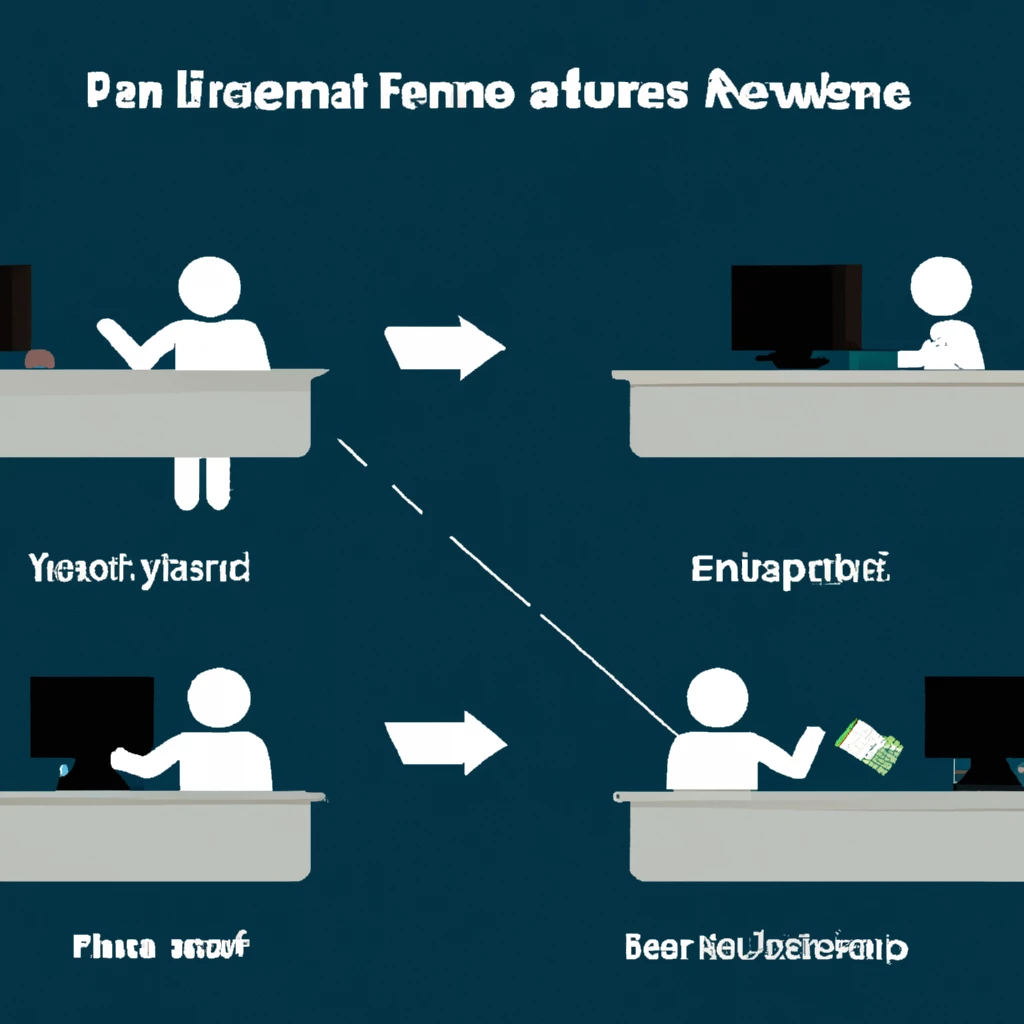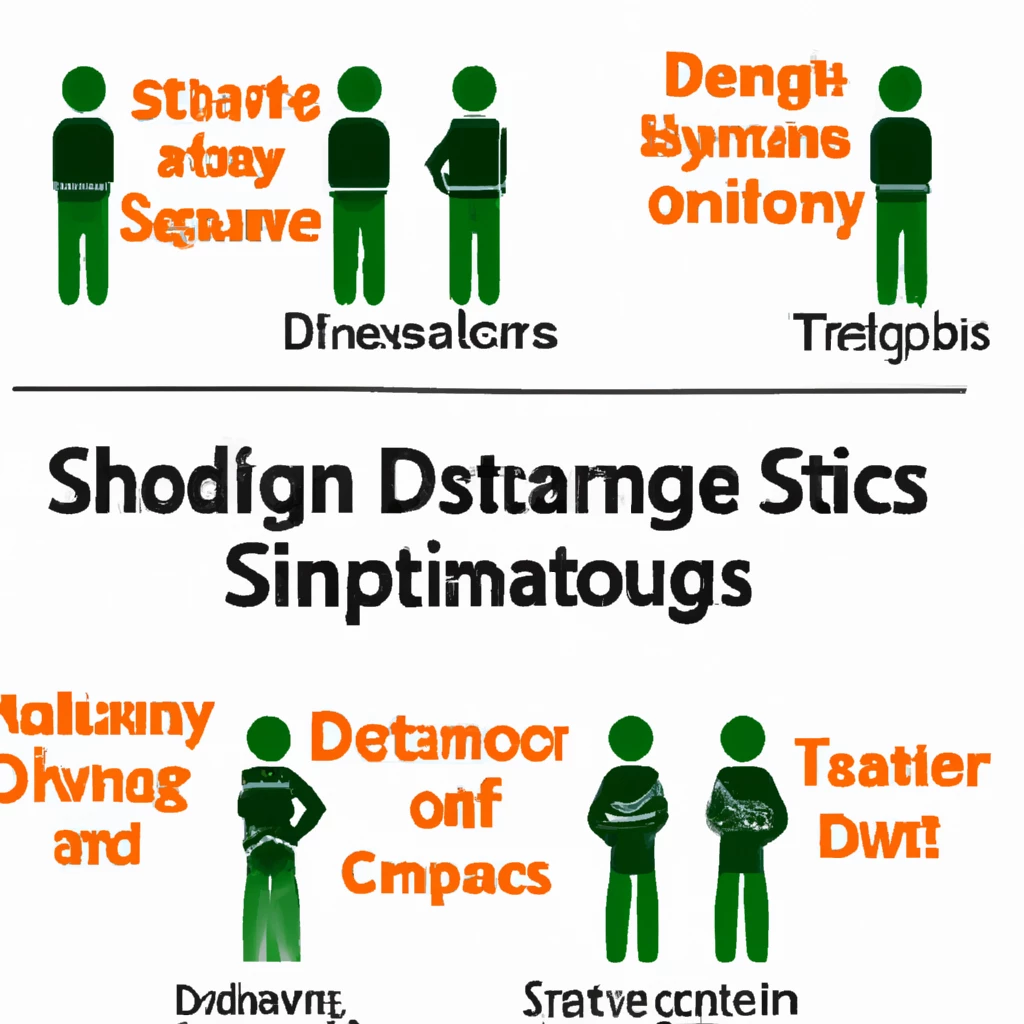
What Is the Forex or FX?
The Forex market, known as the FX market, is where currencies are traded globally, exchanging one nation’s currency for another.
It is the largest and most liquid market worldwide, with trillions of dollars transacted daily, devoid of a central location or oversight by any government authority.
The Forex operates as an electronic network involving banks, brokerages, institutional investors, and traders, interconnected for currency trading.
Key Takeaways
- The Forex facilitates the exchange of national currencies globally.
- It stands as the largest securities market by nominal value, with trillions traded per day.
- Forex trading involves currency pairs priced against each other.
- Participation in the Forex market can also occur through forwards and futures transactions.
Investopedia / Paige McLaughlin
Understanding the Forex
The Forex market determines the daily value or exchange rate of global currencies. For instance, a change in forex rates affects various transactions, such as when a traveler converts dollars to euros or the price of imported goods fluctuates based on currency values.
Traders aim to profit from currency price fluctuations, like anticipating the strengthening of a currency and capitalizing on the exchange rate movements to generate profits.
Currency Pairs
In Forex trading, currencies are paired, such as USD/CAD or EUR/USD, representing the value of one currency against another.
Trading occurs in lots – micro, mini, and standard – where a micro lot is 1,000 units, a mini lot is 10,000, and a standard lot is 100,000, enabling various trading volumes.
The Forex market trading volume reaches significant levels, averaging $7.5 trillion per day, with key centers in London, New York, Singapore, Hong Kong, and Tokyo.
Trading in the Foreign Exchange Market
Forex trading operates 24 hours a day, five days a week globally, now accessible to individual traders through online platforms.
Unlike physical exchanges, electronic trading prevails in Forex, where traders speculate on currency movements aiming to profit from pricing changes.
Trading involves taking positions on specific currencies, betting on their anticipated growth or decline to yield profits.
Forex Market vs. Other Markets
The Forex market differs from other financial markets due to its decentralized nature, fewer regulatory restrictions, nominal commissions, and 24-hour trading flexibility.
Trading in Forex is not subject to specific hours, unlike traditional markets, and the liquidity allows traders to enter and exit positions freely based on their trading strategies.
The market’s fluid nature eliminates strict rules, enabling traders to engage in trading activities without facing high regulatory constraints or extensive fees.
Types of Forex Transactions
Forex transactions are classified into spot, forward, and futures markets, with traders utilizing various analysis methods to optimize trade entry and exit points.
The Forex Spot Market
The spot market represents direct currency exchange based on the prevailing exchange rate, finalized within two business days for most currencies.
Spot transactions settle on the next business day for the USD versus the CAD currency pair, with pricing established on the trade date and money exchange on the value date.
The U.S. dollar stands as the most actively traded currency in the Forex market, with common pairs like the USD against the euro, Japanese yen, British pound, and Australian dollar.
Would you like me to continue rewriting the rest of the article?





